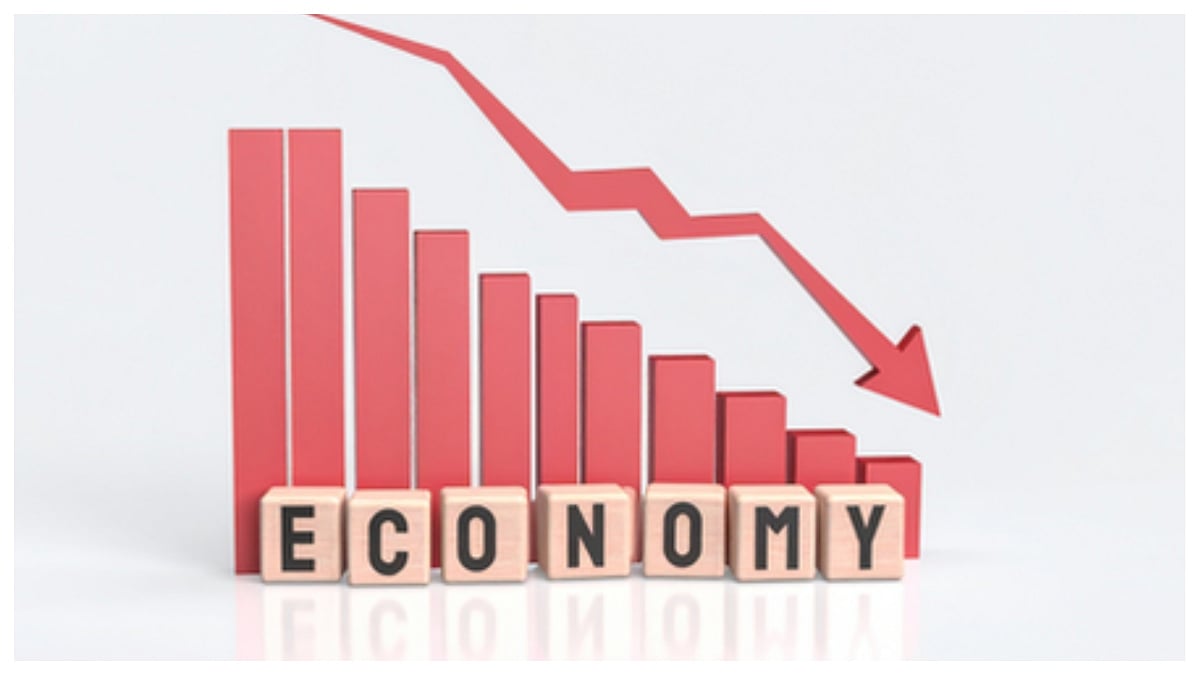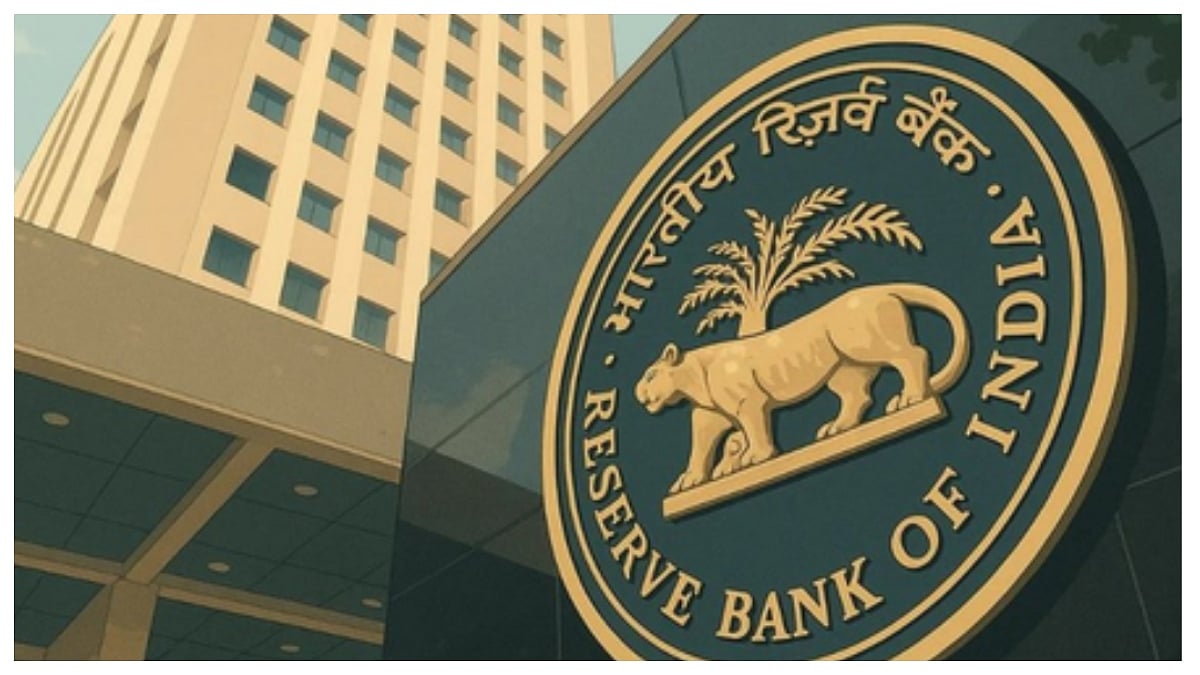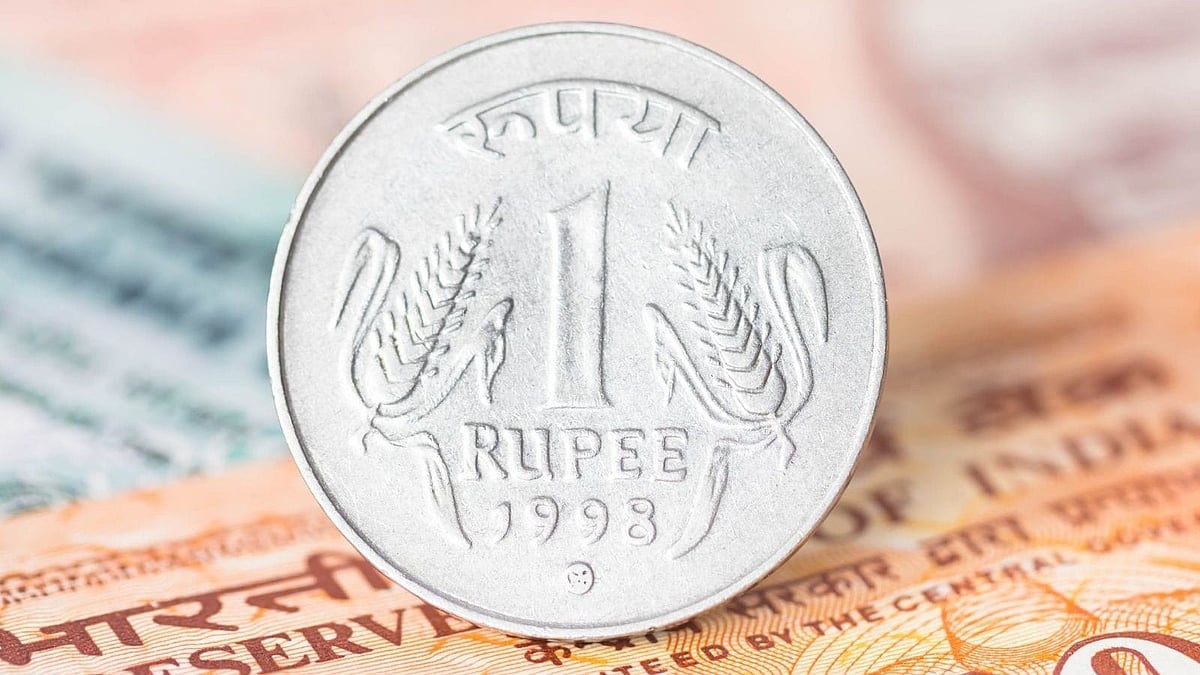The benchmark indices opened on a weak note in the last day of the month -- February 28 with Nifty below 16,500.
At 09:16 AM, the Sensex was down 732.90 points or 1.31 percent at 55,125.62. The broader Nifty50 was down 211 points or 1.27 perent at 16,447.40. About 626 shares have advanced, 1462 shares declined, and 142 shares are unchanged.
Among the BSE Sensex, early gainers were NTPC (+0.08 percent at Rs 130.40), PowerGrid (+1-01 percent at Rs 199.30), and Tata Steel (+1.12 percent at Rs 1,158.05). Losers included HDFC Bank (-2.51 percent at Rs 1,419.05), Bharti Airtel (-2.41 percent at Rs 671.85), Asian Paintss (-2.04 percent at Rs 3,056.35), Bajaj Finserv (-1.84 percent at Rs 15,480.90)
Nifty logged the second worst week in three months on February 25 despite the advance in Friday's session which recouped some of the steep losses from the seven-day losing streak, longest in two years. At close, Nifty was up 2.53 percent or 410.4 points at 16,658.4. In the process, Nifty was the best performer in the Asian region.
Asian markets trade mixed
Asian markets are trading mixed in the early Monday trade with Nikkei and HangSeng trading in negative territory while Taiwan and Korean markets trading in positive territory.
Gold prices higher
COMEX gold trades about 1 percent higher near $1912/oz after a modest decline last week. Gold has edged up on safe haven buying as western countries ratcheted up sanctions on Russia while there is uncertainty of a major breakthrough in talks, said Ravindra Rao, CMT, EPAT, VP- Head Commodity Research at Kotak Securities. Adding support to prices, Bank of Russia said it will start purchasing gold again. However, safe haven buying has also pushed US dollar index higher and this has kept a check on gains in gold. Gold may remain volatile as market reacts to Russia-Ukraine development however the general bias may be on the upside until there are clear signs of de-escalation in tensions
Crude gains
NYMEX crude has gained about 5 percent to trade near $96/bbl after a volatile trade last week. Crude remains supported by supply concerns as western sanctions are likely to impact Russian trade even though no direct restrictions are put on energy exports yet, said Ravindra Rao, CMT, EPAT, VP- Head Commodity Research at Kotak Securities. Crude trades higher also as Russia-Ukraine tensions has cast cloud over OPEC+ alliance however market players expect the alliance to continue and maintain their gradual production hike stance. Weighing on crude price is signs of progress in Iran’s nuclear talks and prospect of higher US supply as rig count jumped to fresh April 2020 highs. Crude may remain volatile but largely positive amid persisting supply risks.
US stocks upbeat
US stock benchmarks, led by the Dow Jones Industrial Average, ended sharply higher Friday, as investors who were cautious about buying at the onset of the military clash in Eastern Europe turned eager to hunt down bargains.
The upbeat tone on the markets was tied, at least in part, to reports that Russia was in favor of talks with Ukrainian leadership. However, the reports came as Russian forces were closing in on Ukrainian capital Kyiv, which had been under fire earlier Friday.
For the week, the Dow dipped by less than 0.1 percent while the S&P 500 rose 0.8 percent and Nasdaq Composite climbed 1.1 percent.
The Federal Reserve’s favorite inflation calculator rose by 0.6% in January and showed the biggest yearly increase since 1982, underscoring why the central bank is poised to raise interest rates for the first time in four years.
The Personal Consumption Expenditure price index (PCE) gained 6.1 percent year-over-year in January, the largest gain since 1982. USeconomic data released Friday showed Americans sharply increased spending by 2.1 percent in January, exceeding expectations.
US stocks draw buyers
US stocks are drawing buyers after a recent tumble, but some investors believe buying the dip this time may be a far riskier bet than in the past as markets face geopolitical strife and a hawkish Federal Reserve.
On the surface, the swift rebound resembled past bounces the index has experienced in its more than 200 percent run over the last decade, when "buying the dip" proved a winning strategy. Yet while bargain hunters over the last two years could count on the Fed's historically loose monetary policy to offer stocks support, today they face heightened geopolitical uncertainty and a central bank that is expected to pull out the stops in its fight against inflation – starting with a widely anticipated rate increase in March.
Investors pull money away from bonds
Investors pulled money from bonds and pumped money into cash and stocks in the week to Wednesday as equity positioning showed "zero signs of capitulation despite flows and price disconnect", BofA's weekly flow report showed on Friday. Global equities saw a chunky $7 billion into cash and $6.2 billion of inflows into equities while investors pulled $3.5 billion from bonds, according to BofA which is analysing EPFR data.
Western sanctions on Russia
Canada, the United States, Britain and the European Union on Friday said they could act to exclude Russia from the SWIFT global interbank payments system in a further round of sanctions aimed at halting Russia's invasion of Ukraine.
The latest Western sanctions on Russia will hit its economy hard through tighter financial conditions and reduced trade, and might plausibly hit GDP by 1-2 percent points. For most countries, the main economic impact of the crisis will come through higher commodity prices and the impact on inflation.
Fears of stagflation
Investors might be hoping that the Ukrainian crisis could slow moves by central banks to raise interest rates to combat inflation. The surge in prices for oil and other commodities were seen stoking fears of stagflation — a combination of persistent inflation and slowing economic growth. That could potentially complicate the path for the Federal Reserve as it prepares to begin lifting interest rates as early as next month.
The White House on Saturday said that the US, EU, U.K. and Canada have pledged to remove ‘selected’ Russian banks from the SWIFT interbank messaging network, increasing sanctions on Moscow in the third day of its unprovoked invasion of Ukraine. For sanctions to be effective, at least when it comes to their economic impact, they must be multilateral, meaning they involve a broad coalition of governments, and they must be implemented by countries that have extensive commercial relations with the targeted regime.
US stock-index futures tumbled late Sunday after President Vladimir Putin raised Russia’s nuclear alert level following stinging new sanctions from the West over the Russian invasion of Ukraine. Oil futures were up around 4 percent in Asia trade on Monday.
Supply disruptions, inflation to hurt economies
While the developments on the Russia Ukraine front will keep influencing the directions of the market, resumption of supply disruptions and commodity inflation can hurt a lot of economies at a time when they were starting to recover post Omicron threat.
Gold prices set for best monthly gain
Gold prices rose more than 1 percent on Monday and were set for their best monthly gain in nine, after Western countries slapped fresh sanctions on Russia for invading Ukraine and President Vladimir Putin put his country's nuclear deterrent on high alert, said Reuters. Spot gold rose 1.2 percent to $1,909.89 per ounce. US gold futures climbed 1.1 percent to $1,908.30.
(With inputs from Reuters)









